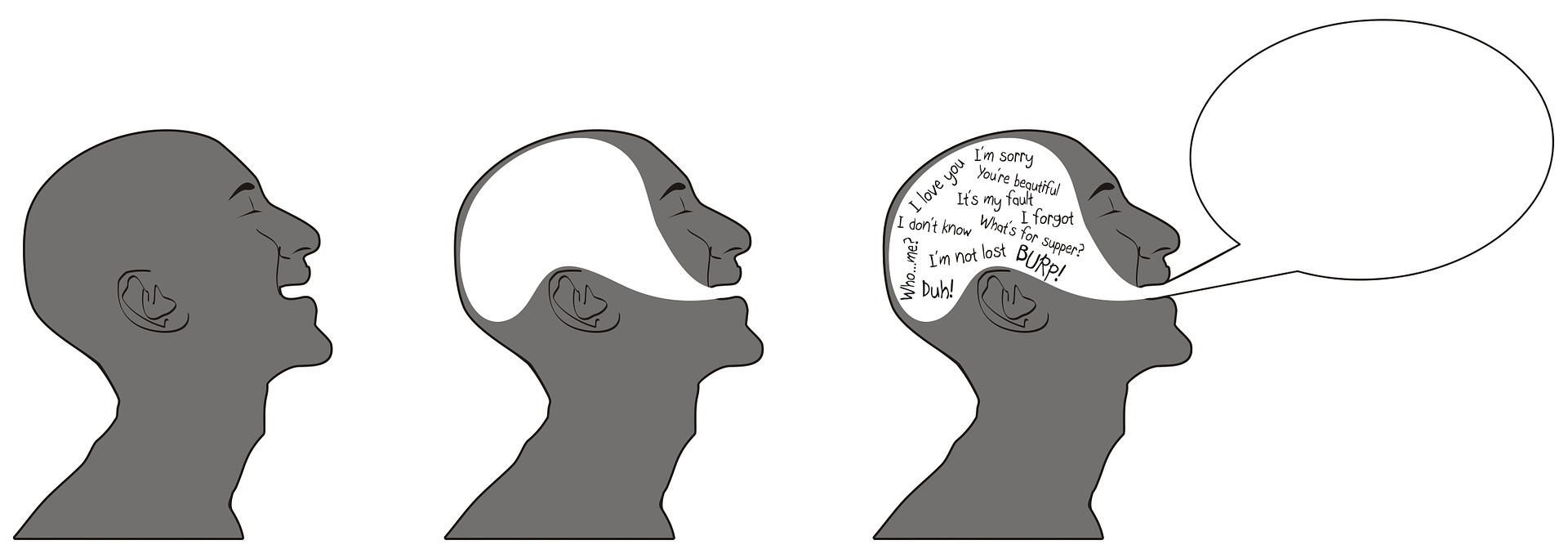Verbal reasoning tests are the most popular aptitude tests among recruiters. Unlike many other highly specialized queries, verbal reasoning tests are helpful for candidate evaluation no matter what job they applied for. These psychometric tests are designed to assess a person’s comprehension and analytical skills. The analytical skill set has entered the pool of basic skills necessary for any profession because of the overwhelming amount of information each of us faces in the era of digitalization.
Verbal reasoning tests don’t demand any specific knowledge from the test-takers besides some basic school-level education. However trivial these tests might seem they still can give a hard time to those who approach the tasks carelessly. That is why you need to know what you’ll have to face with verbal reasoning tests, and we are here to offer a few pieces of advice on how to ace them.
Gather Information About Upcoming Testing
The very first thing you should start with once you’ve got an interview appointment is finding out as much as possible about your upcoming assessment. While the major idea behind verbal reasoning tests remains the same, the design of such queries will vary depending on the provider. Some of the most known test providers include SHL, Cubiks, Saville, and Kenexa. Differences might be slight such as the phrasing of answer options like “true, false, cannot say” as opposed to “correct, incorrect and insufficient information”. However, there are more complex variations depending on a provider, for instance, the time for test-solving might be significantly different, from 17 minutes up to 30+. Besides, some verbal reasoning tests can be “adaptive”. Adaptive tests mean that the difficulty of the next question depends on how you answered the previous one when most other tests are designed to become gradually more complex by default.
As a bonus, some test providers include feedback information visible to the test-takers which might be very useful for your further preparation or simple curiosity. To find out about the kind of test you will need to solve you can either contact the HR team of the company you applied to become a part of or do some web research on your own. There are plenty of forums and communities dedicated to transparency in employment where people share information about different recruiters and companies. However, remember that employers tend to change their test providers and what was true at one moment could be already obsolete on your assessment day.
The Clock Is Ticking
Any test would be much less objective if it gave an unlimited amount of time for participants to think about the answer. However, when it comes to verbal reasoning tests limited time is an essential part of testing. Generally, you have approx. one minute per question, yet this amount might be reduced as you progress in the test. However stressful it may sound, keeping an eye on time might even help you solve the questions more correctly. The more time you spend on one task the more you tend to overthink it. Questions in verbal reasoning tests are built to look tricky so don’t fall for this oldest trick in the recruiter’s playbook and keep on at a steady pace. In addition, if terms of test-taking allow you to review your previous answers, always save some time for a quick check-up after finishing all of the assessment.
Focus on Reading Attentively
Questions in verbal reasoning tests always appear as text passages. When we read casually we tend to skip some words and even lines to get to the essence faster since our brain is lazy and generally efficient. Although it’s a very useful perk in everyday life it might play an evil trick on you during this assessment. Questions in verbal reasoning tests are sometimes built to muddle the core message in the textual fluff. Yet it is part of your task to read every word carefully and pick the relevant pieces of data.
“Cannot Say” Variant Is There For A Reason
We are not trying to say that it is the go-to answer for all the questions that sound tough but “cannot say” option is not just for appearances there. The rule of thumb is that this answer is correct when the text passage doesn’t provide the necessary information for you to land a definitive yes or no. For your information, such a type of answers appears on most tests to help identify people who are trying to lie or cheat during the test by picking random definitive answers.
Practice Is Key
Verbal reasoning tests don’t require any specific knowledge to pass them. Nonetheless, they have a certain style you can become comfortable with only through practice. The more tests you solve during the preparation the more versatile your knowledge about the nature of these tests will be. Constant practice will help you sharpen your eye for picking the tricky details within assessments and it will also help you figure out a steady pace for test-solving. As a bonus, knowing your enemy in the face will boost your confidence on the day of the examination helping you stay focused on showing your peak performance. Practice Aptitude Tests offer a free Verbal Reasoning test to get you started.



